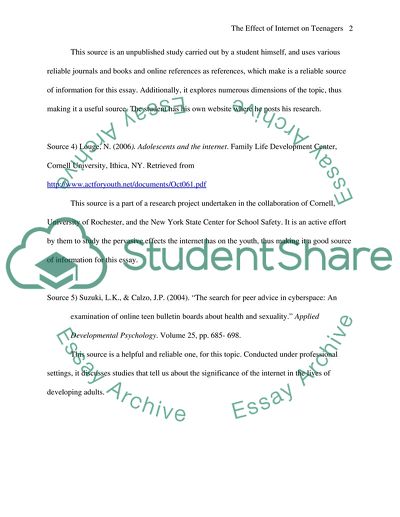Cite this document
(The Effect of the Internet on Teenagers Research Paper, n.d.)
The Effect of the Internet on Teenagers Research Paper. Retrieved from https://studentshare.org/social-science/1743450-effect-of-internet-on-teenagers
The Effect of the Internet on Teenagers Research Paper. Retrieved from https://studentshare.org/social-science/1743450-effect-of-internet-on-teenagers
(The Effect of the Internet on Teenagers Research Paper)
The Effect of the Internet on Teenagers Research Paper. https://studentshare.org/social-science/1743450-effect-of-internet-on-teenagers.
The Effect of the Internet on Teenagers Research Paper. https://studentshare.org/social-science/1743450-effect-of-internet-on-teenagers.
“The Effect of the Internet on Teenagers Research Paper”, n.d. https://studentshare.org/social-science/1743450-effect-of-internet-on-teenagers.


